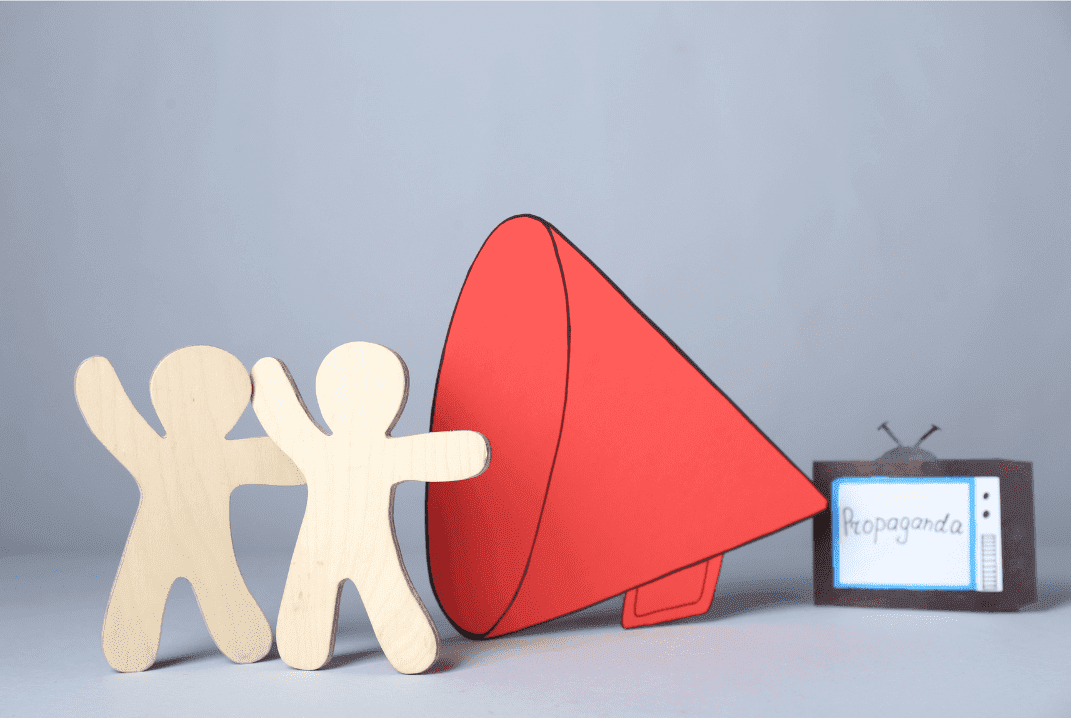According to the World Economic Forum’s Global Risks Report 2024, misinformation and disinformation have emerged as the most severe global risk over the next two years, and the fifth most severe over the next 10 years.
The recent news that The Misinformation Combat Alliance and Meta will be launching a dedicated fact-checking helpline on WhatsApp to combat misinformation and help people to connect with verified and credible information, will be welcomed by many, but at what point do people have to take responsibility for fact checking the information they share?
Whilst we may have the best intentions to double and triple check our sources, we all fall into lazy habits and can end up sharing factually incorrect information.
We might read a headline (and nothing more) then share it with friends and family. Or share satirical articles that we found amusing on social media.
But according to the Digital News Publishers Association (DNPA) chairman, Tanmay Maheshwari, 50 percent of the information on the internet is not true or verified – a shocking statistic. According to a Pew Research Centre Study, we have a habit of “othering” responsibility, seeking external solutions to the problem rather than taking responsibility ourselves.
No doubt, social media is partly responsible for how quickly mis- and disinformation is shared but what can individuals do to avoid sharing mis- and disinformation with their networks?
Top four ways you can avoid sharing mis- and disinformation.
- See how you can read laterally to avoid spreading misinformation with our guidance.
- Use the rule of five.
- The SIFT method can also be helpful.
- Ask ‘who benefits?’.
Whilst you cannot do this for everything you read or are told, you should practise this skill before sharing information, especially on social media.
The more you practise it, the more relevant the skills become and the easier it gets to spot bias.
Ultimately, the key is to keep practising critical thinking, and help break the cycle of fake news. An open mind is key to tackling your own susceptibility to misinformation. Being aware of some of the key psychological predispositions such as confirmation bias, illusory truth, truth bias, and groupthink can all support you to improve your cognition and question what you “know” as fact.

